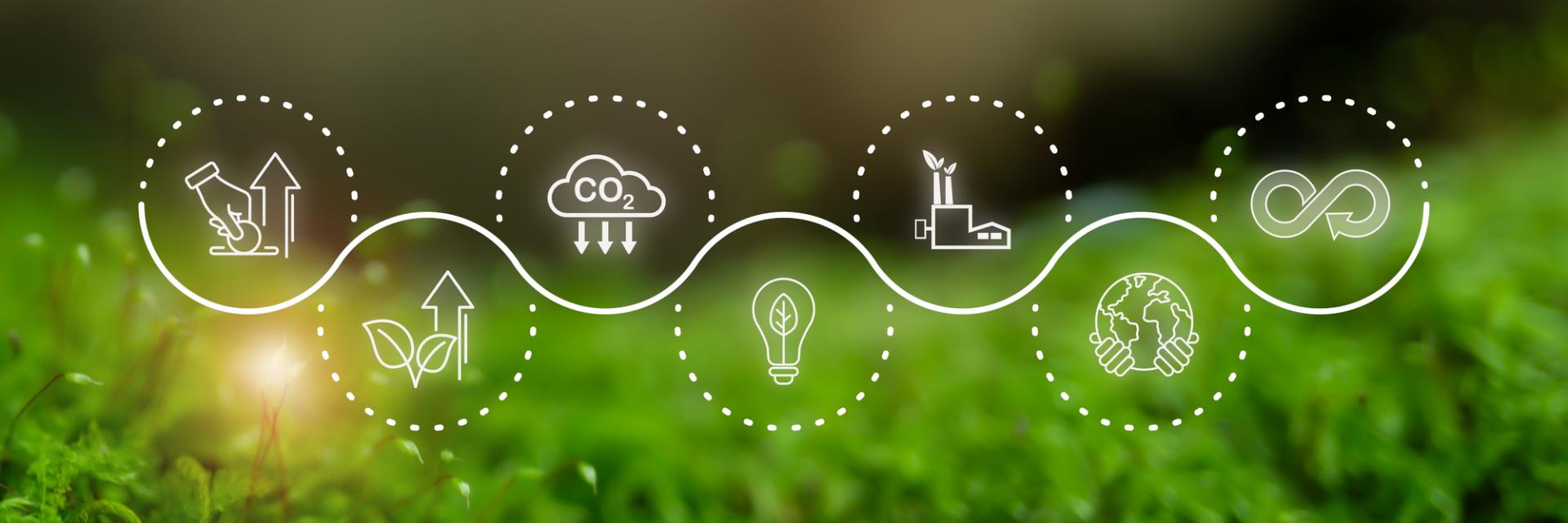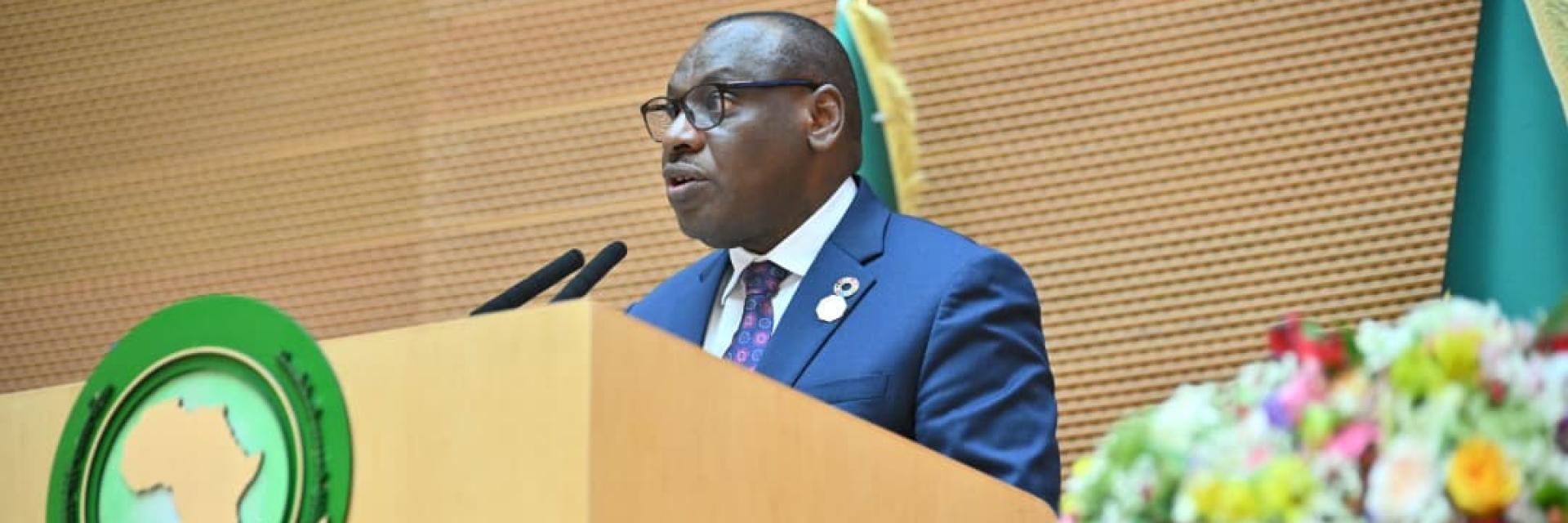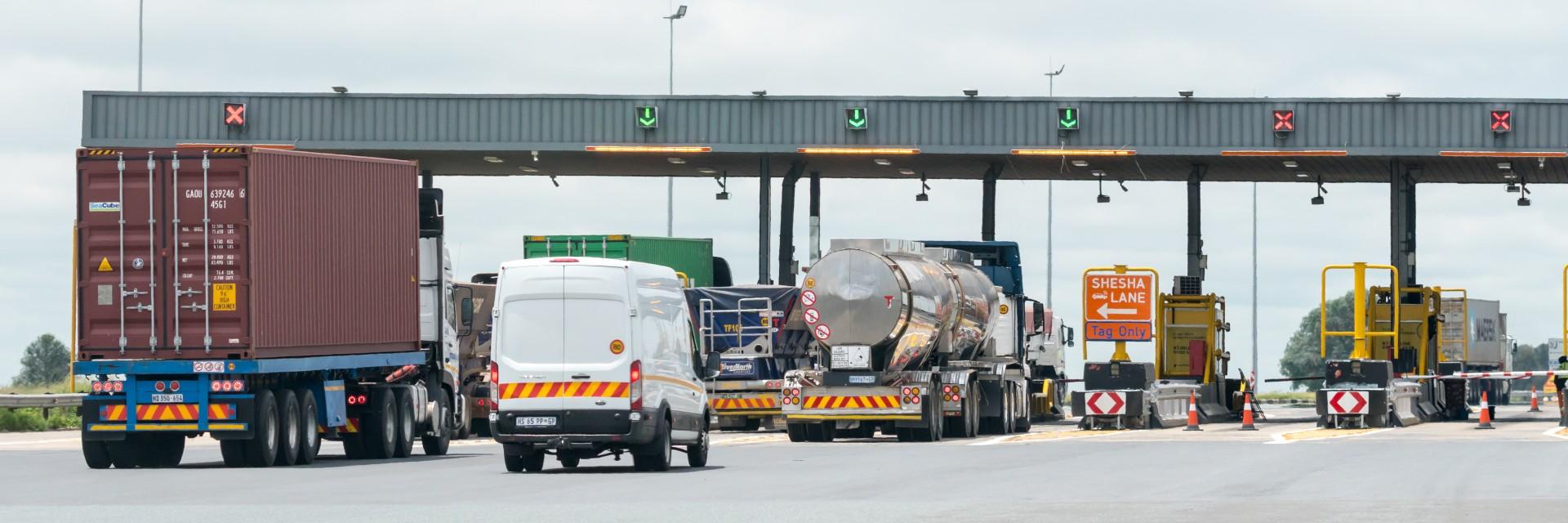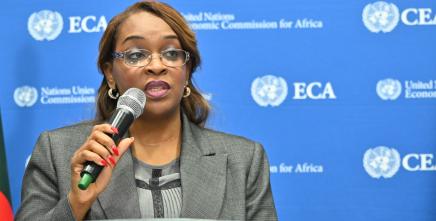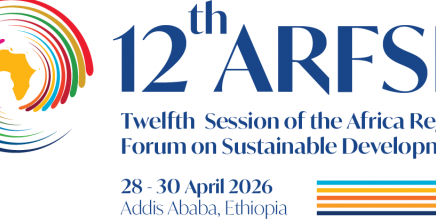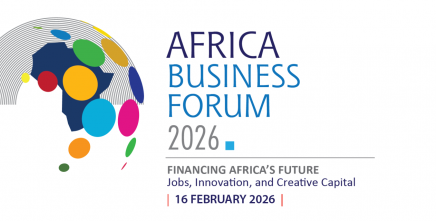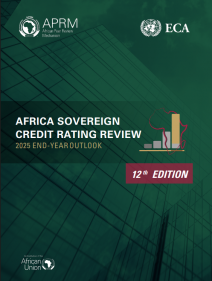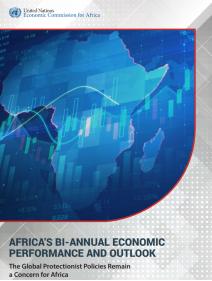Events
Tue
Apr
28
28 Apr 2026
30 Apr 2026
Addis Ababa, Ethiopia
Tue
Nov
11
11 Nov 2025
13 Nov 2025
Rabat
Wed
Oct
29
29 Oct 2025
31 Oct 2025
Ezulwini, Kingdom of Eswatini
Featured
Latest Publications
2025 End‑Year Outlook
This report analyses the long-term foreign currency sovereign credit rating actions in Africa with...
The Global Protectionist Policies Remain a Concern for Africa
This report provides an overview of Africa’s economic performance and outlook for January–June 2025...
The Western Indian Ocean (WIO) holds vast Blue Economy potential, valued at USD 333.8 billion, yet...
Did you know?
Our Work
Helping governments and stakeholders make the SDGs a reality
No front page content has been created yet.
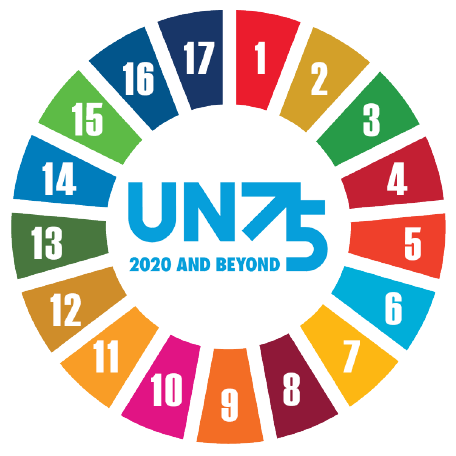
End poverty in all its forms everywhere
7
Targets
733
Partnerships
23
Publications
17
Documents
End hunger, achieve food security and improved nutrition and promote sustainable agriculture
8
Targets
683
Partnerships
33
Publications
80
Documents
Ensure healthy lives and promote well-being for all at all ages
13
Targets
606
Partnerships
14
Publications
17
Documents
Ensure inclusive and equitable quality education and promote lifelong learning opportunities for all
10
Targets
1052
Partnerships
28
Publications
46
Documents
Achieve gender equality and empower all women and girls
9
Targets
817
Partnerships
17
Publications
96
Documents
Ensure availability and sustainable management of water and sanitation for all
8
Targets
588
Partnerships
66
Publications
166
Documents
Ensure access to affordable, reliable, sustainable and modern energy for all
5
Targets
638
Partnerships
66
Publications
192
Documents
Promote sustained, inclusive and sustainable economic growth, full and productive employment and decent work for all
12
Targets
1128
Partnerships
132
Publications
45
Documents
Build resilient infrastructure, promote inclusive and sustainable industrialization and foster innovation
8
Targets
467
Partnerships
23
Publications
17
Documents
Reduce inequality within and among countries
10
Targets
429
Partnerships
61
Publications
548
Documents
Make cities and human settlements inclusive, safe, resilient and sustainable
10
Targets
614
Partnerships
81
Publications
255
Documents
Ensure sustainable consumption and production patterns
11
Targets
794
Partnerships
49
Publications
263
Documents
Take urgent action to combat climate change and its impacts*
5
Targets
960
Partnerships
92
Publications
103
Documents
Conserve and sustainably use the oceans, seas and marine resources for sustainable development
10
Targets
1940
Partnerships
22
Publications
283
Documents
Protect, restore and promote sustainable use of terrestrial ecosystems, sustainably manage forests, combat desertification, and halt and reverse land degradation and halt biodiversity loss
12
Targets
609
Partnerships
55
Publications
136
Documents
Promote peaceful and inclusive societies for sustainable development, provide access to justice for all and build effective, accountable and inclusive institutions at all levels
12
Targets
545
Partnerships
37
Publications
55
Documents
Strengthen the means of implementation and revitalize the global partnership for sustainable development
19
Targets
1125
Partnerships
219
Publications
934
Documents
ECA's Nine Programmatic Clusters
Ideas for a prosperous Africa
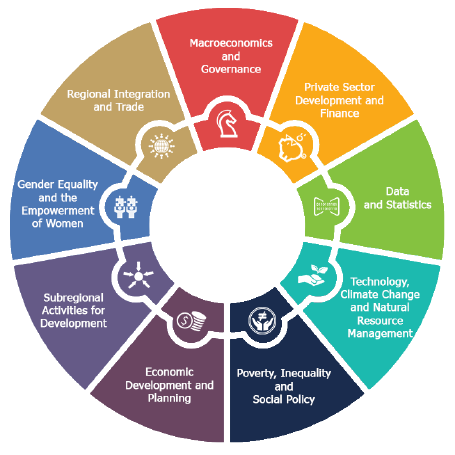
Macroeconomics, Finance and Governance Division (MFGD)
Supports the achievement of Africa’s development agenda through development planning, macroeconomic policy and economic governance, and public finance.
Private Sector Development and Finance
Supports member States in their endeavor to achieve accelerated job creation, sustained economic growth and prosperity through leveraging the role and resources of the private sector, promoting innovative financing solutions and creating the environment in which private sector investments for agribusiness, energy, infrastructure, and other sectors can become viable.
Data and statistics
Focuses on improving the production, dissemination, and use of high-quality and comparable data and statistics in Africa to support evidence-based policymaking, planning, implementation, monitoring and reporting for the 2030 Agenda and Agenda 2063.
Climate Change, Food Security and Natural Resource Division (CFND)
Supports the efficient management of natural resource endowments; reducing the negative impacts of climate change by moving towards green transitions and climate-resilient development and harnessing new technologies in the context of sustainable development.
African Institute for Economic Development and Planning (IDEP)
Focuses on improving public sector management and development planning in support of the structural transformation of member States
Subregional Activities for Development
Tackles effectively the development challenges faced by the Member States and regional economic communities in their respective subregions through the five subregional offices, which cover North, West, Central, East and Southern Africa, all of which are specialized in selected thematic areas
Gender equality and the empowerment of women
Our programme aims to support member States in their efforts to achieve gender equality and women’s empowerment in every sphere of life. We support member States in accelerating the implementation of relevant policies, mechanisms and tools as well as the monitoring and evaluation of their international commitments in order to achieve gender equality and women’s empowerment.
Regional Integration and Trade
Focuses on the central role of achieving effective regional cooperation and economic integration among member States by supporting efforts to deepen regional markets, boost intra-African trade and global trade, accelerate industrialization and tackle the challenges of structural transformation
Poverty, Inequality and Social Policy
The objective of this program is to contribute to the achievement of sustainable, inclusive and equitable human and social development in Africa.
© United Nations Economic Commission for Africa

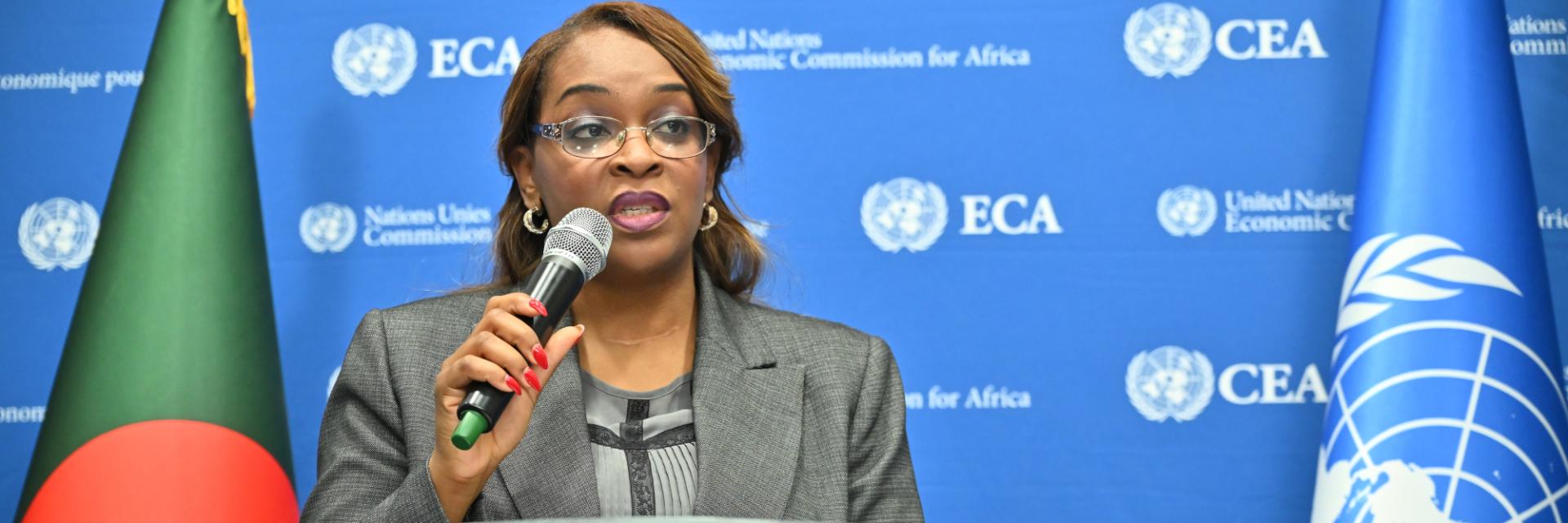
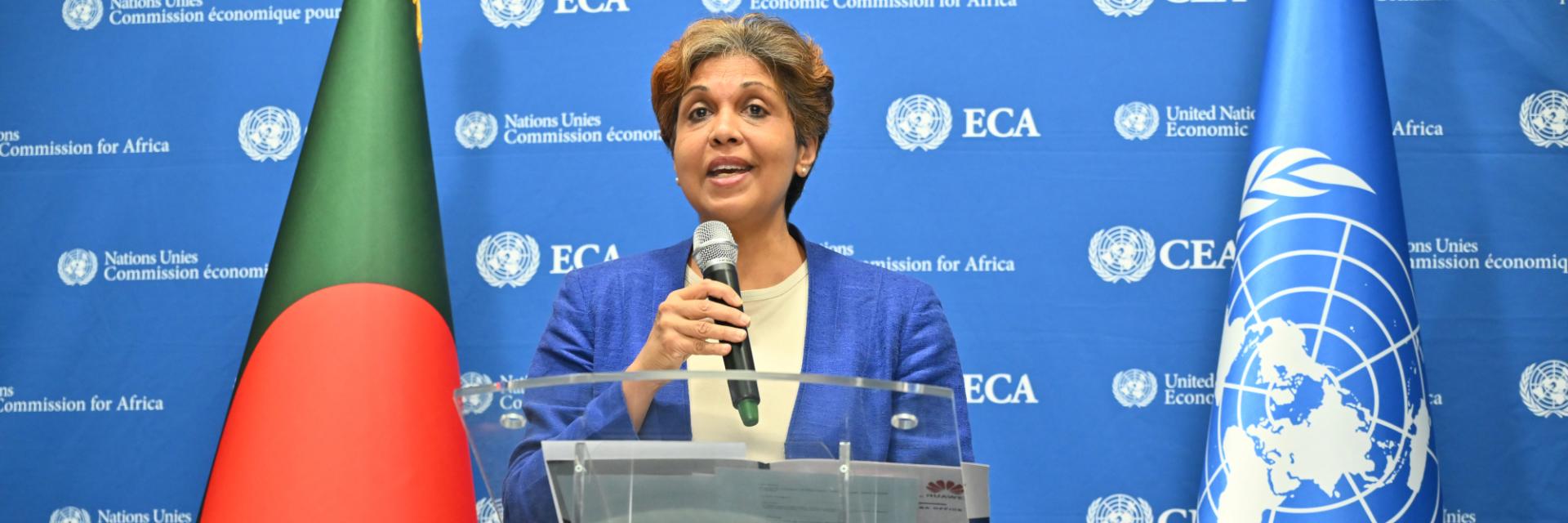





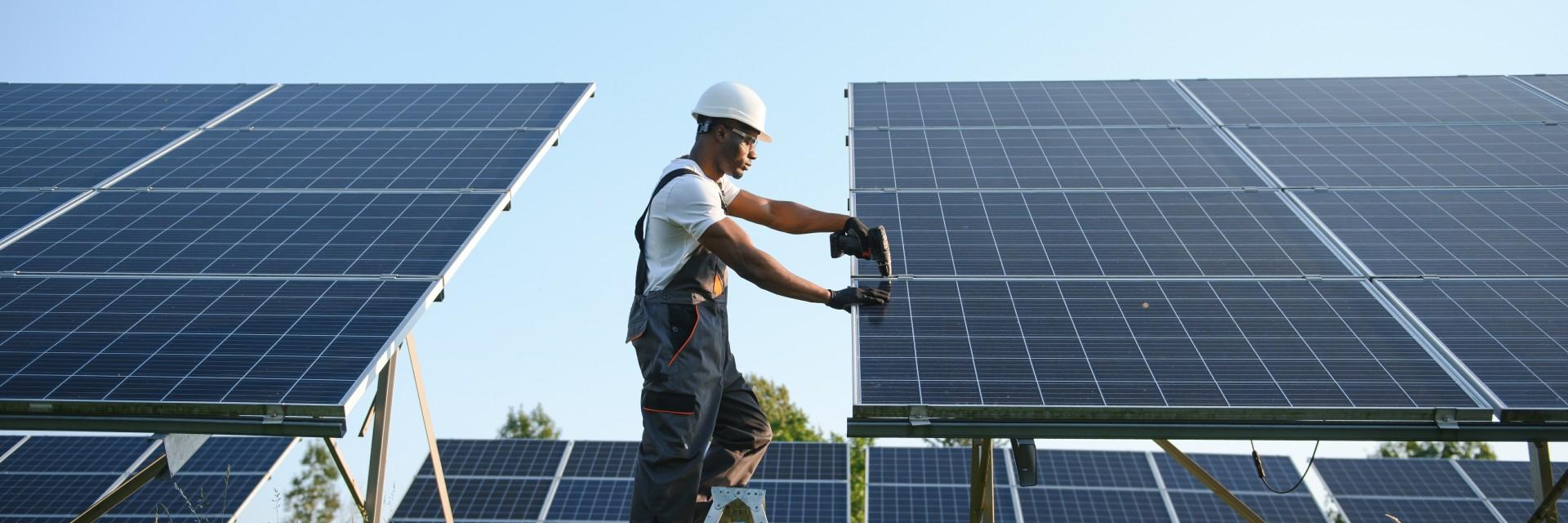
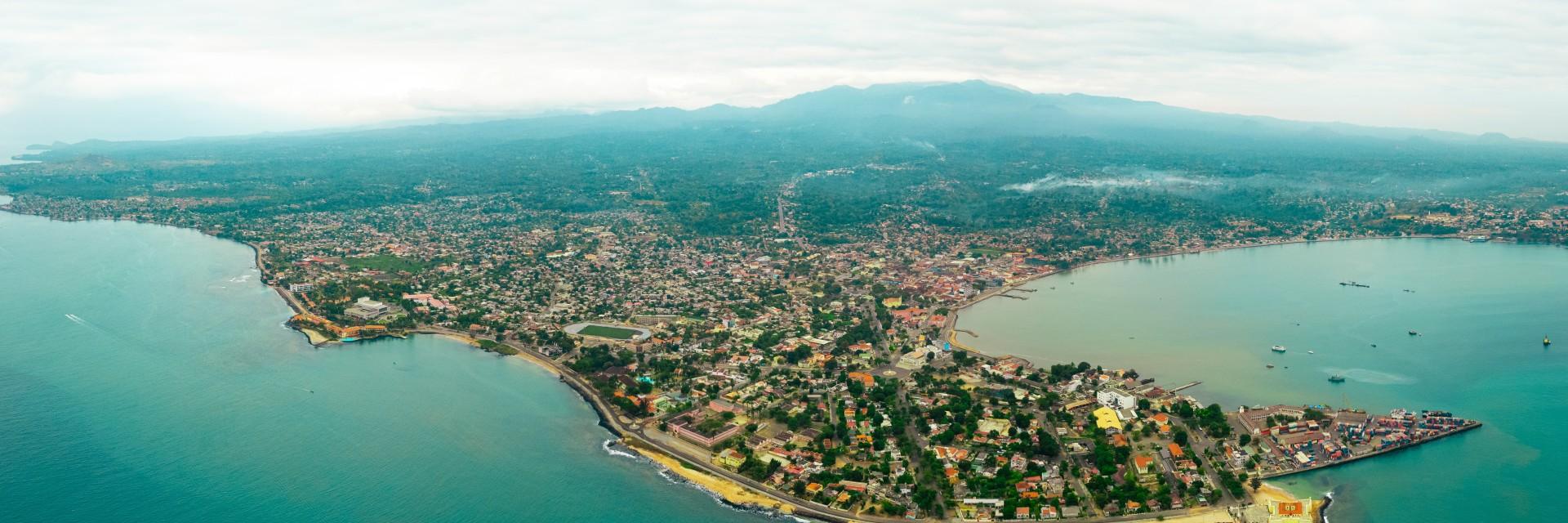

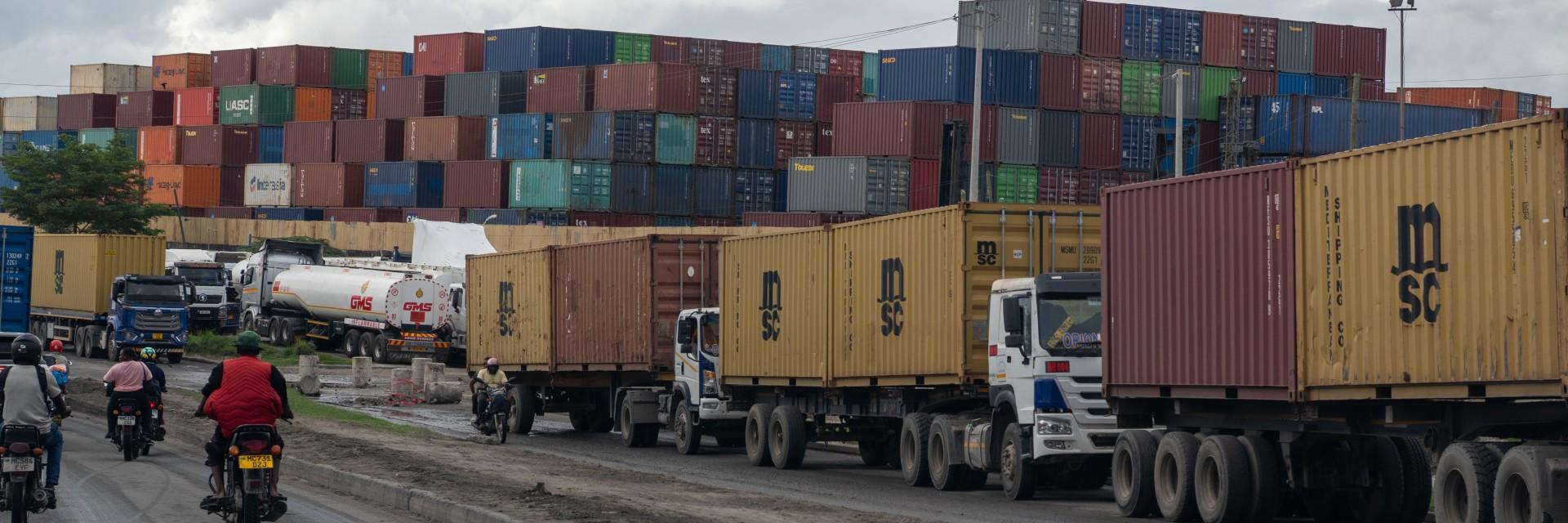
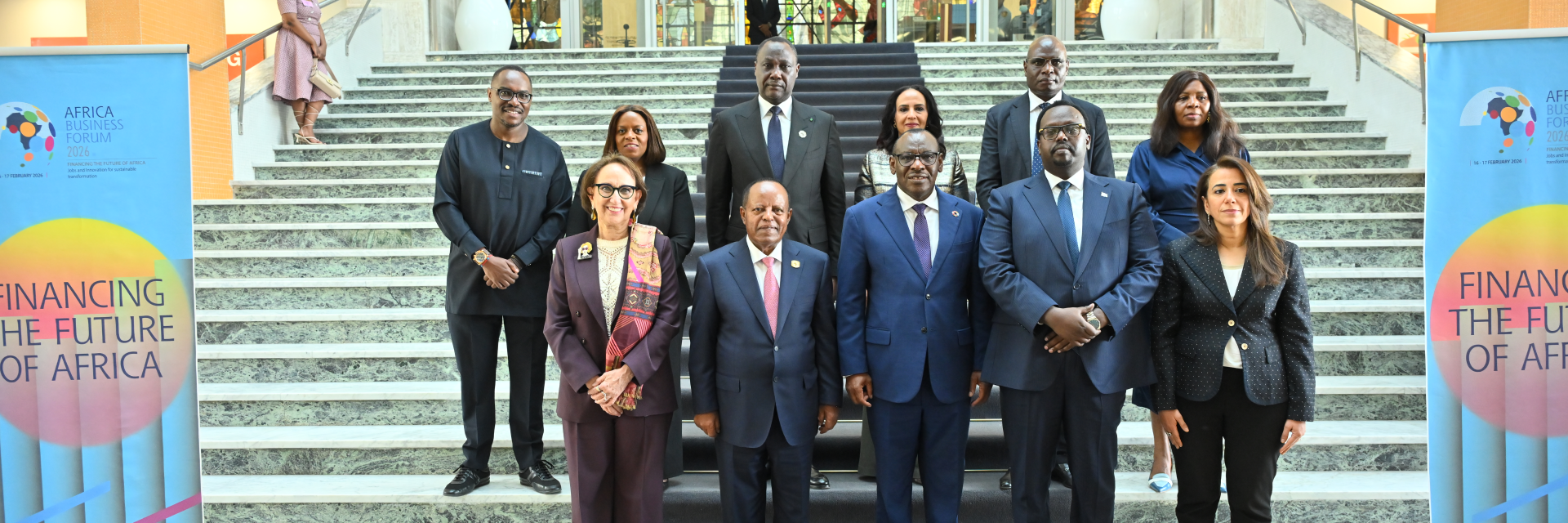
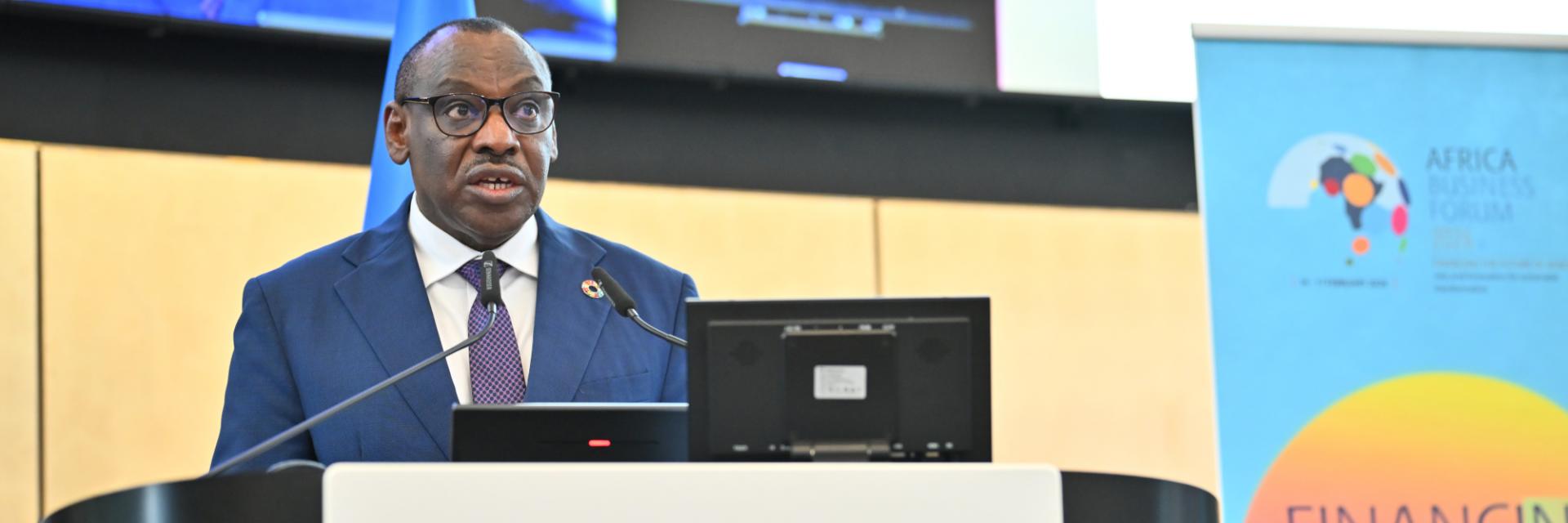

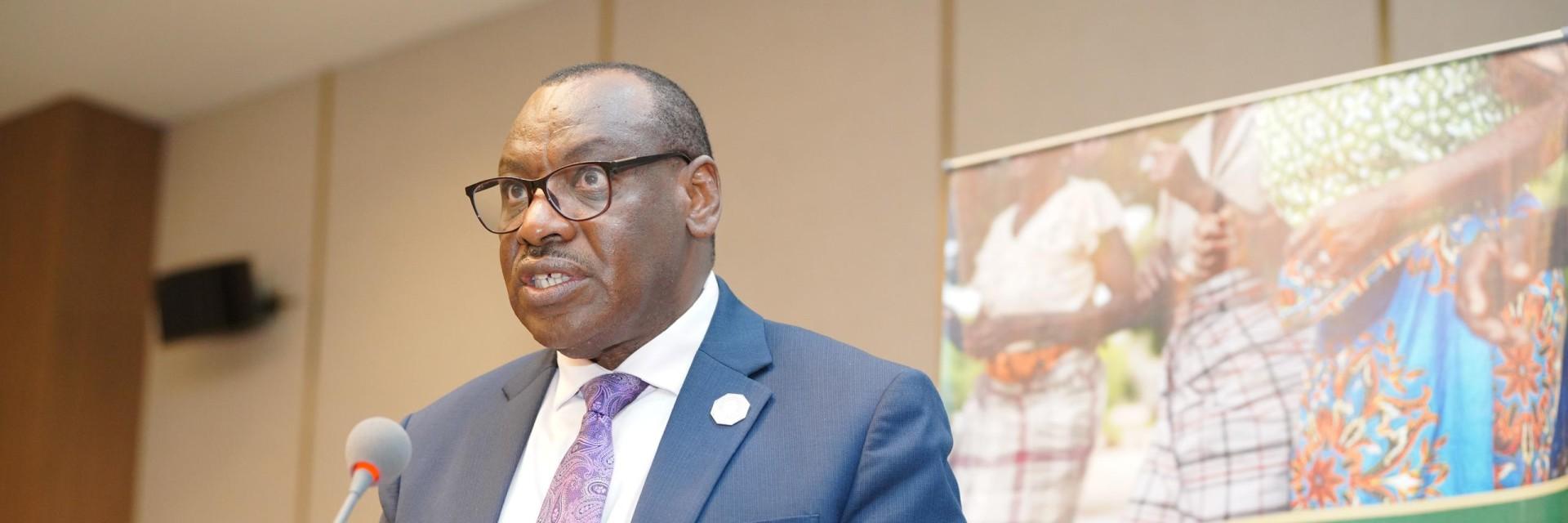
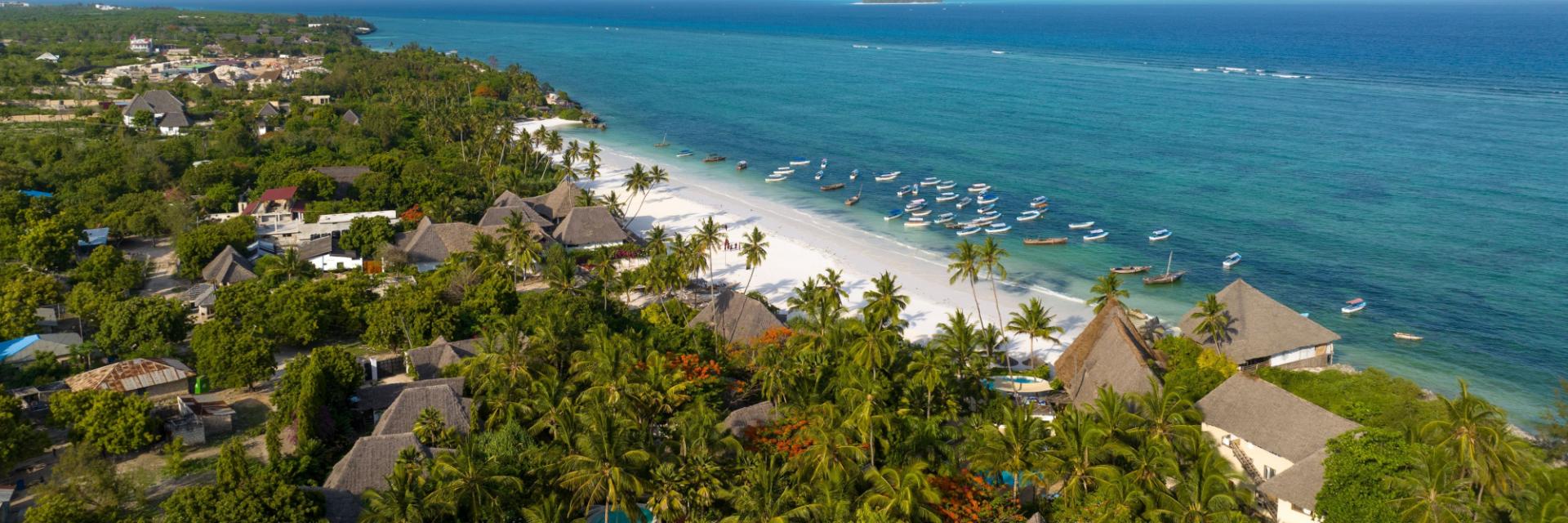
![UN Secretary-General's remarks at the 39th African Union Summit [as delivered]](https://uneca.org/sites/default/files/styles/slider_image/public/storyimages/sg_1920x640_0.jpg?itok=A4whG2GY)
